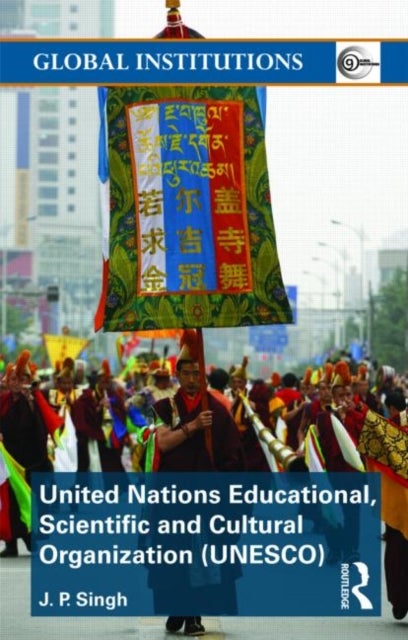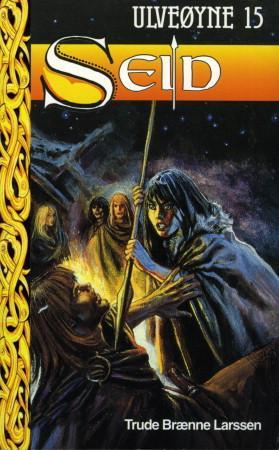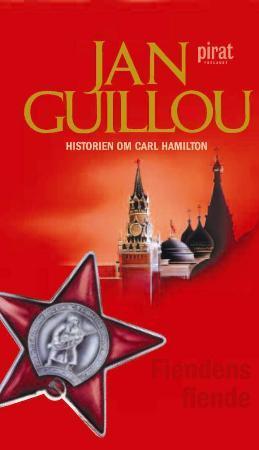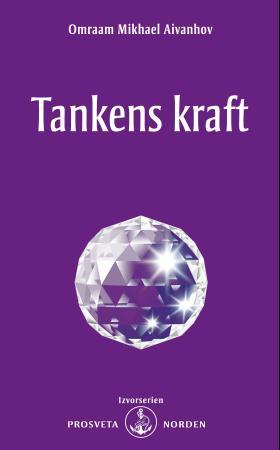
United Nations Educational, Scientific, and Cultural Organization (UNESCO) av J.P. (George Mason University USA.) Singh
489,-
<P>This book traces the history of UNESCO from its foundational idealism to its current stature as the preeminent international organization for science, education, and culture, building a well rounded understanding of this important organization.</P><P>The book: </P><UL><LI>provides an overview of the organization and its institutional architecture in the context of its humanistic idealism</LI><LI>details the subsequent challenges UNESCO faced through cold war and power politics, global dependence and interdependence, and the rise of identity and culture in global politics</LI><LI>analyses the functioning of UNESCO administration, finance, and its various constituencies including the secretariat, member-states, and civil society</LI><LI>explores the major controversies and issues underlying the initiatives in education, sciences, culture and communication </LI><LI>examines the current agenda and future challenges through three major issues in UNESCO: Education or All, digital divide i








